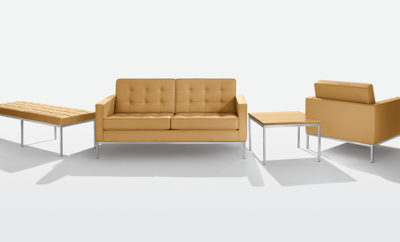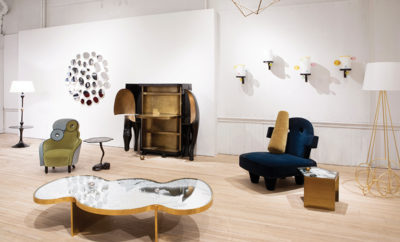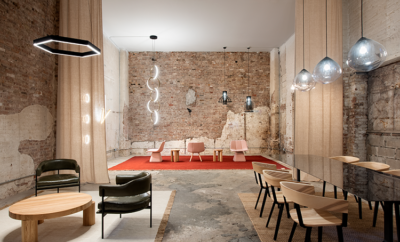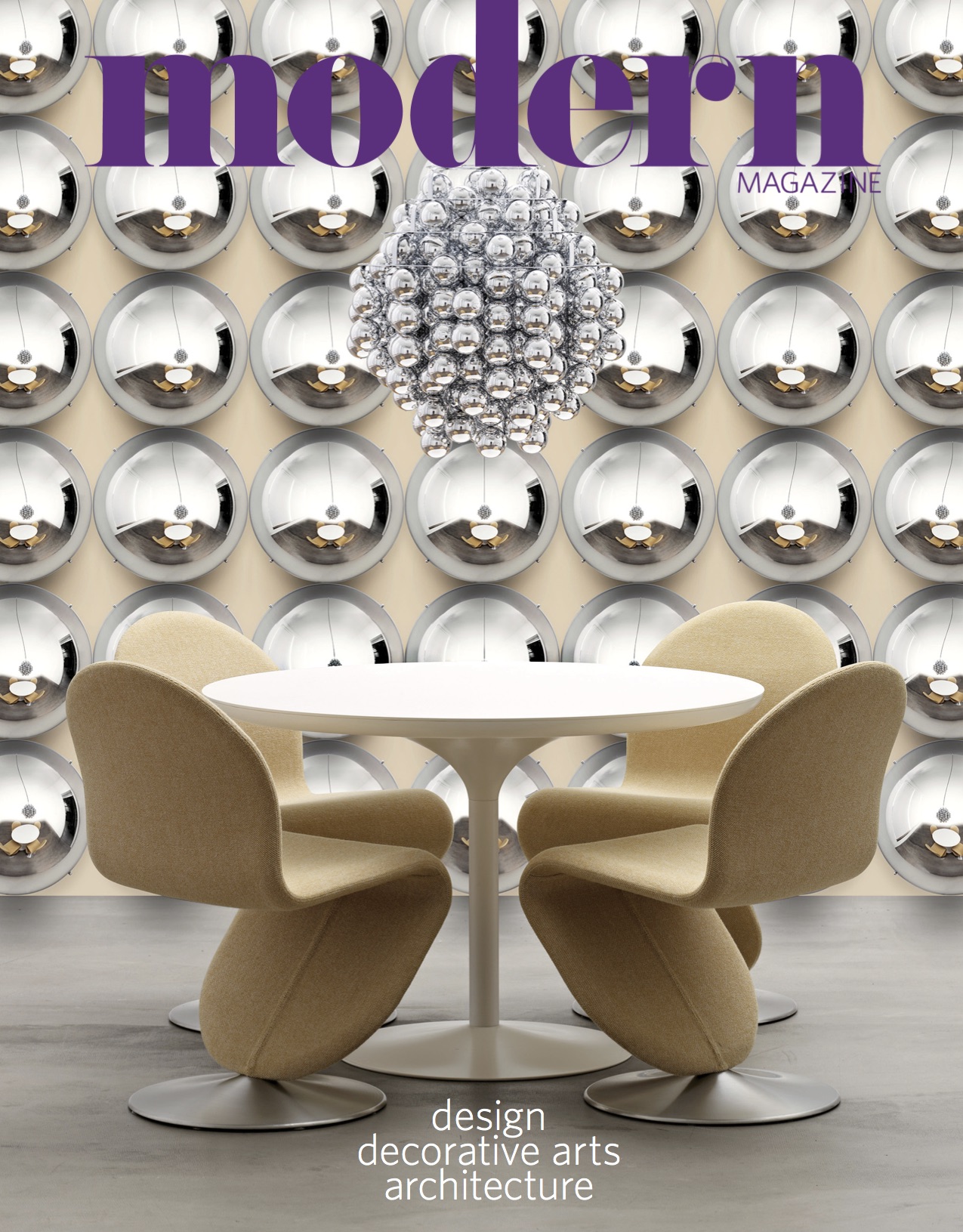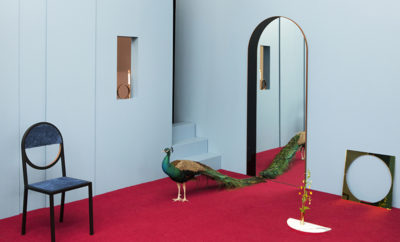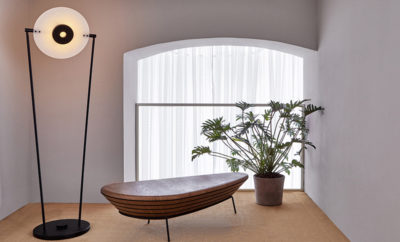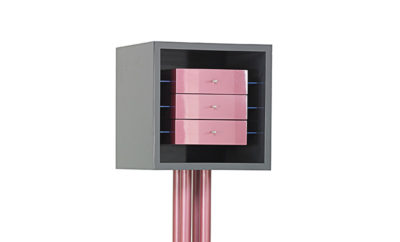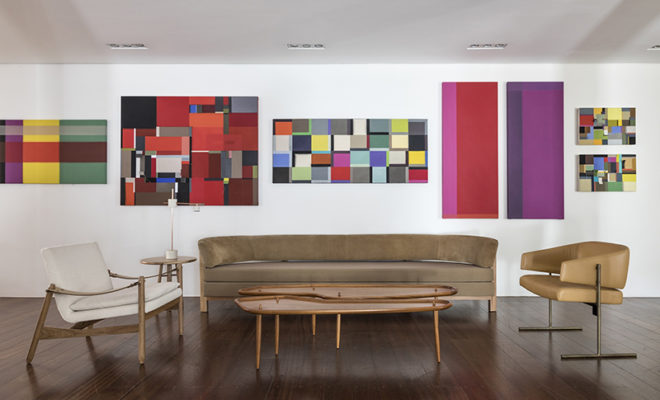 Etel's Sao Paulo showroom. Courtesy of Etel.
Etel's Sao Paulo showroom. Courtesy of Etel.
Design
A Conversation with Etel’s Lissa Carmona, Brazilian Curator and Entrepreneur
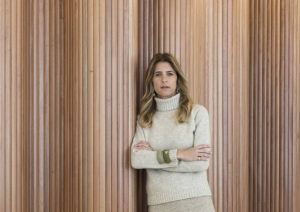
Lissa Carmona. Courtesy of Etel.
Between curating high-profile exhibitions, editing books, and expanding the family business globally, Lissa Carmona is a busy woman. An impassioned advocate for and connoisseur of Brazilian modern design and architecture, Carmona is also the CEO of the furniture manufacturing company Etel Design, which was founded by her mother, designer Etel Carmona, in 1993. Since becoming the CEO in 2008, Lissa has been expanding the company’s mission and market, undertaking unique design collaborations and opening new outposts abroad—in Italy and South Korea. In between her globetrotting, we recently had a chance to catch up with her and chat about Brazilian design, Milan, her next projects, and new Brazilian designers to keep an eye on.
Paul Clemence/MODERN Magazine: Tell me about Etel and its history?
Lissa Carmona: Etel is the main brand for modern and contemporary design in Brazil, founded by my mother, Etel Carmona, in 1993. The design collection comprises one hundred years of Brazilian furniture and brings back to life the iconic designs of the country’s mid-century masters, which are considered some of the most relevant of that period worldwide.
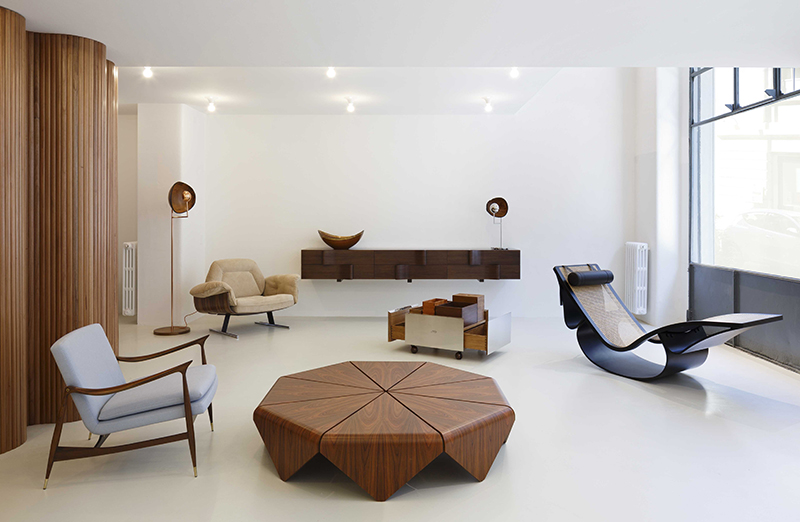
Etel’s Milan showroom. Courtesy of Etel.
PC/MM: What is Etel’s approach to creating these re-editions?
LC: The re-editions are based on a strict methodology: a faithfulness to the originals and an intensive collaboration with the institutions and families that represent each creator’s oeuvre. These furniture pieces by architects and artists, such as Oscar Niemeyer, Lina Bo Bardi, Jorge Zalszupin, Sergio Rodrigues, José Zanine Caldas, and others, are characterized by the use of exquisite materials, and are intended to shine a light on Brazilian culture as it was influenced by the international avant-garde at mid-century.
PC/MM: You also work with contemporary Brazilian designers, correct?
LC: Yes, the modern legacy continues with remarkable contemporary creators, such as Isay Weinfeld, Arthur Casas, Claudia Moreira Salles—as well as my mother!
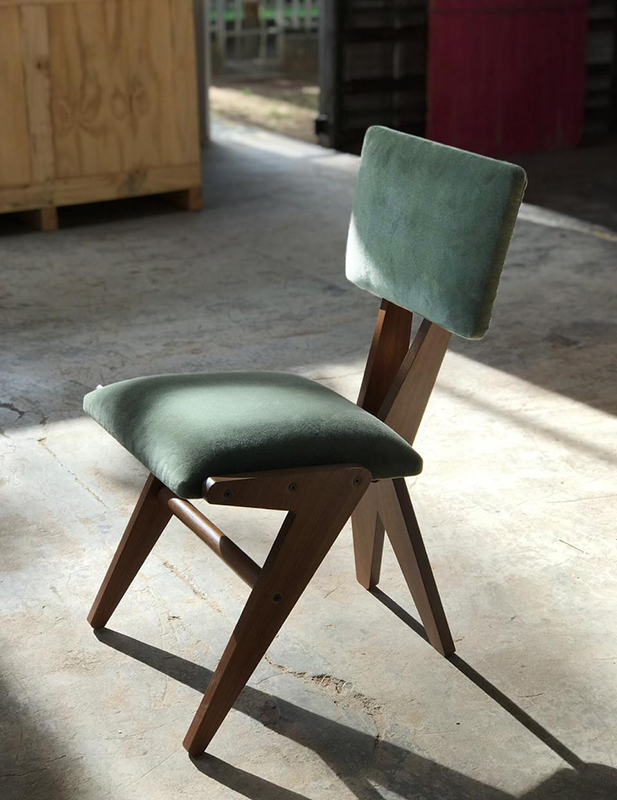
Pieces by the late designer Jose Zanine Caldas, Etel’s next re-edition project. Courtesy of Etel.
PC/MM: During Salone del Mobile in Milan last year, you gave Brazilian design a great platform at the world’s most important international design event. What was that experience like?
LC: Following the successful opening of our store in Milan in 2017, and our exhibition there, Veio and Niemeyer, a Dialogue Between Modern and Contemporary, the Brazilian ambassador asked for my help with the exhibition Brazilian Modern Masters that was to take place during Salone. Given my knowledge of the history of Brazilian design, my contribution was to select pieces by the eight iconic modern designers being highlighted. At same time, I was curating an installation at the Universitá Statale featuring a timeline of modern Brazilian design. These were very important projects as they showed the relevance and quality of Brazilian modernism to a wider audience. They contextualized our design in time and space, so that the public could better understand how and why such a large number of great designers developed in our country, and, most important, in my opinion, for the first time, placed Brazil on a par with Italy, Scandinavia, and France.
PC/MM: Right after Salone, Etel was selected to do the Collectors Lounge at the Basel edition of Design Miami/. How was that experience?
LC: Creating the Lounge at Design Miami in Basel was incredible! For one thing, we probably had one of the largest spaces at the fair. Our installation, A (Con)temporary Home, showed off Etel’s concepts for creating a contemporary (if temporary) residence that reflects the sophistication of Brazilian interiors by featuring iconic modern and contemporary design pieces that were not entirely known by European and international audiences at the fair. The beauty and quality of Brazilian design and craftsmanship really surprised the public.
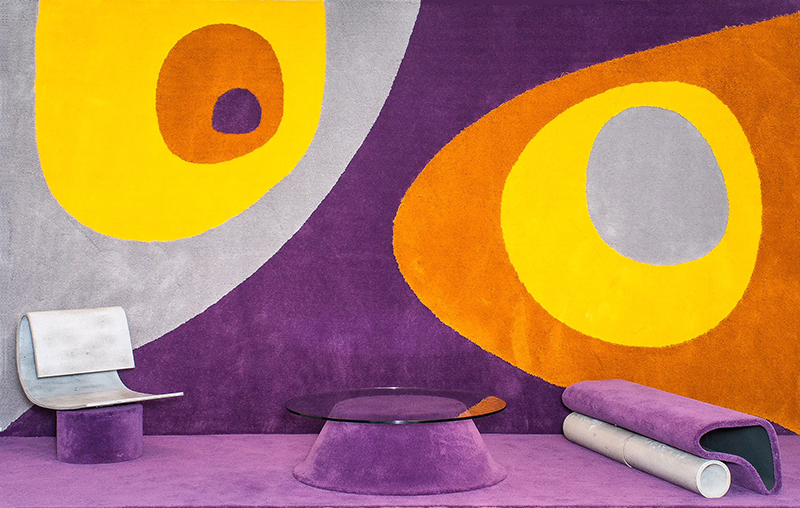
Brazilian Designer to watch, Rodrigo Ohtake. Courtesy of Etel.
PC/MM: What do you think distinguishes Brazilian design?
LC: The use of a great variety of woods, the excellent craftsmanship, and the close relationship/influence of architecture and art on design.
PC/MM: What are some of the new Brazilian talent you see coming up on the scene?
LC: I have a special fondness for Rodrigo Othake and Zanini de Zanine. They have family backgrounds in design but somehow are creating their own identities. (Zanini is the son of the late Jose Zanine Caldas, a renowned designer and the subject of Etel’s next re-edition project, celebrating the centenary of his birth next year.)
PC/MM: And what project are you working on right now?
LC: I am producing a book that combines two of my passions—photography and design—but it will be for children!


